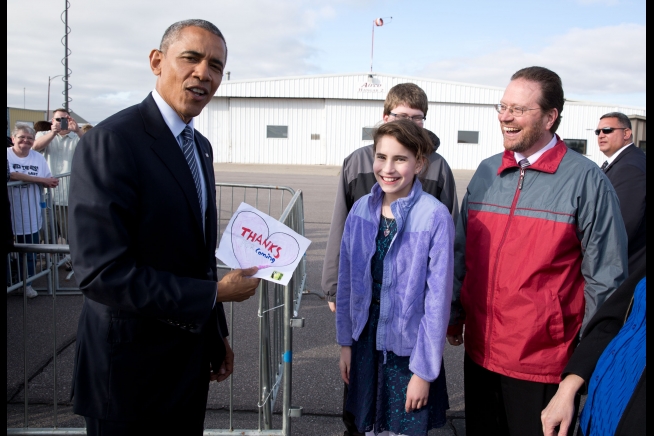In the heart of the Great Plains, South Dakota finds itself at a pivotal juncture on a complex national issue. With wide-open landscapes and a strong agricultural backbone, South Dakota is contemplating its legislative stance on immigration, particularly with the introduction of Senate Bill 7. This bill, proposed by a state senator, aims to eliminate the possibility of sanctuary cities in South Dakota, sparking diverse opinions and stirring robust debate across the state.
Taneeza Islam, a prominent voice for immigrant advocacy, leads the opposition against Senate Bill 7 through her role as CEO of Voices for Peace, a nonprofit organization dedicated to working with immigrants in South Dakota. Islam, a first-generation American Muslim, brings personal and professional insights to the table. Born in Detroit to parents who fled from the civil war turmoil of East Pakistan, now Bangladesh, she grew up with a deep understanding of immigrant challenges. In 2012, she moved to Sioux Falls, South Dakota, influencing public policy as her husband pursued a medical career at the VA hospital.
Islam argues that Senate Bill 7 conflicts with federal jurisdiction over immigration. “The state legislature needs to understand where their powers are and where federal powers are,” she asserts. Her stance is rooted in the belief that immigration enforcement should be maintained at the federal level, preventing the state from overstepping boundaries that could lead to legal complications.
Senate Bill 7 contains two primary clauses under scrutiny. The first clause encourages communication between state authorities and federal agencies regarding an individual’s immigration status. Islam points out, “I think police departments may have issues with what policies they can have around this. They have limited resources; it’s not their job to enforce immigration law.” This clause aims for transparency but could cause confusion among local law enforcement agencies already managing tight resources.
The second clause prevents state entities from granting lawful presence to non-citizens who are unlawfully present. Islam believes this section overreaches state powers, encroaching upon federal jurisdiction and potentially setting a legal precedent that complicates the separation of state and federal responsibilities. She warns, “Creating these types of bills is honestly just a waste of time.”

Voices for Peace
South Dakota, a state celebrated for its vast agricultural fields and historic landmarks like Mount Rushmore, is deeply connected to immigrant communities who contribute significantly to its economy and cultural fabric. They fill vital roles across sectors such as agriculture, construction, and hospitality, essential to sustaining the state’s growth and prosperity. “They are making our schools bigger and employing more teachers,” Islam comments on the positive impact of immigrant communities. These contributions highlight the significant role immigrants play in South Dakota’s social and economic landscape.
As the legislative session progresses, Voices for Peace is prepared for more proposals similar to Senate Bill 7 and plans to maintain a lobbyist presence in Pierre, South Dakota’s capital, ensuring that immigrant perspectives are considered in policy discussions. The legislative decisions reached in South Dakota’s government buildings hold the potential to shape the state’s identity—whether as a welcoming, inclusive community or one that resists national trends towards sanctuary cities.

Voices for Peace
South Dakota’s approach to immigration policy is closely watched, reflecting broader national tensions on state versus federal jurisdiction over immigration matters. As Taneeza Islam notes, the concept of sanctuary cities might be viewed as buzzwords, but they signify critical discussions on state identity and immigrant safety. The upcoming decisions in Pierre will reverberate far beyond the state’s borders, shaping dialogues on how localities across the United States navigate complex immigration landscapes.
For now, Taneeza Islam and her colleagues remain focused, advocating tirelessly for a South Dakota that acknowledges the crucial contributions of its diverse communities while respecting the delicate balance of state and federal immigration responsibilities. Their work, while challenging, is pivotal in ensuring that the legislative debates reflect both the letter of the law and the human stories at their heart.
